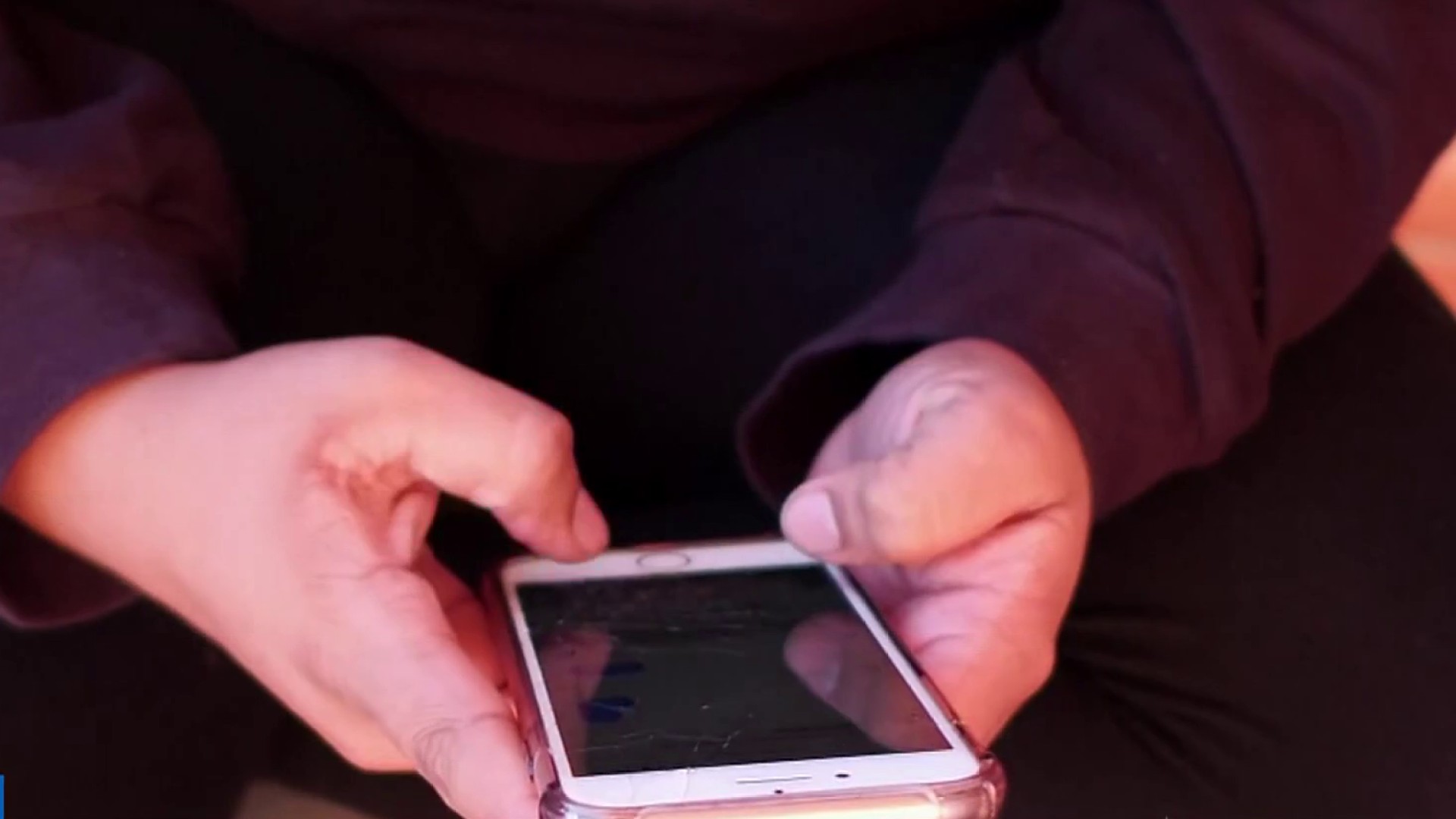A school in Fairfax, Virginia, says student engagement has improved under cellphone restrictions introduced in a new pilot program.
Teachers at Robinson Secondary School say they’re surprised by the difference they noticed in such a short time. The “fear of missing out” (FOMO) among students is gone and laughter and small talk has returned.
“I was really skeptical to see how it was going to go,” teacher Eileen Hoppock said.
This year, the more than 3,700 middle and high school students at Robinson aren’t allowed to use cellphones in class.
The experiment started right after Labor Day, and teacher Olivia O’Brien agrees with Hoppock that the difference is dramatic.
“It has been such a game changer with the engagement,” O’Brien said.
“They're returning to socializing in what I think is a really age appropriate and exciting way,” Hoppock said.
The middle schoolers have their cellphones locked in a pouch from bell to bell. At dismissal, they access a magnet to unlock the bag before heading home.
High schoolers are allowed to have phones in between classes and at lunch. But during class, phones go in a cellphone caddy on the classroom wall.
“I have never felt like I have had the level of engagement in a very long time,” Hoppock said.
“I think that they are finding that this is also releasing them equally from everybody else,” she said. “It's relieving the FOMO.”
Principal Tracey Phillips said feedback is mostly positive, but some parents question whether kids should have access to cellphones in an emergency. But there’s an unintended consequence to consider with that, Phillips said.
“If a phone were to go off, it could tell an intruder or somebody who's trying to harm people where their student is,” she said.
“The number one focus of the students in that event should be to listen to the adults that are around them to get themselves to a safe place,” Phillips said. “And once we've done that, then we will make contact with parents right away.”
The positives far outweigh the negatives, she said, and students are more dialed into what’s being taught in class, sparking spontaneous conversations the teachers say they haven’t had in years.
“And it's just much more engagement with their classmates and with all the content we're going through,” O’Brien said. “So, it's incredible the difference it's made.”
“I just feel like with a phone, you always have something to do,” 16-year-old Miah Scott said. “But then when it's taken away, you have to kind of rediscover what you like to do.”
The cellphone-free experiment at Robinson will stretch through next year and maybe beyond that.
Schools across the country are trying out various forms of cellphone bans. What works best, what’s cost effective and what has broad appeal is all being discussed among school leaders.
Virginia Gov. Glenn Youngkin has approved a cellphone-free policy for all Virginia public schools to start in January.
“For the first time in a long time, they've had to tell students to stop talking, and it’s been several years since many of them have had to do that, but the students are engaging with each other,” Phillips said. “It's a good problem to have.”
News4 sends breaking news stories by email. Go here to sign up to get breaking news alerts in your inbox.



